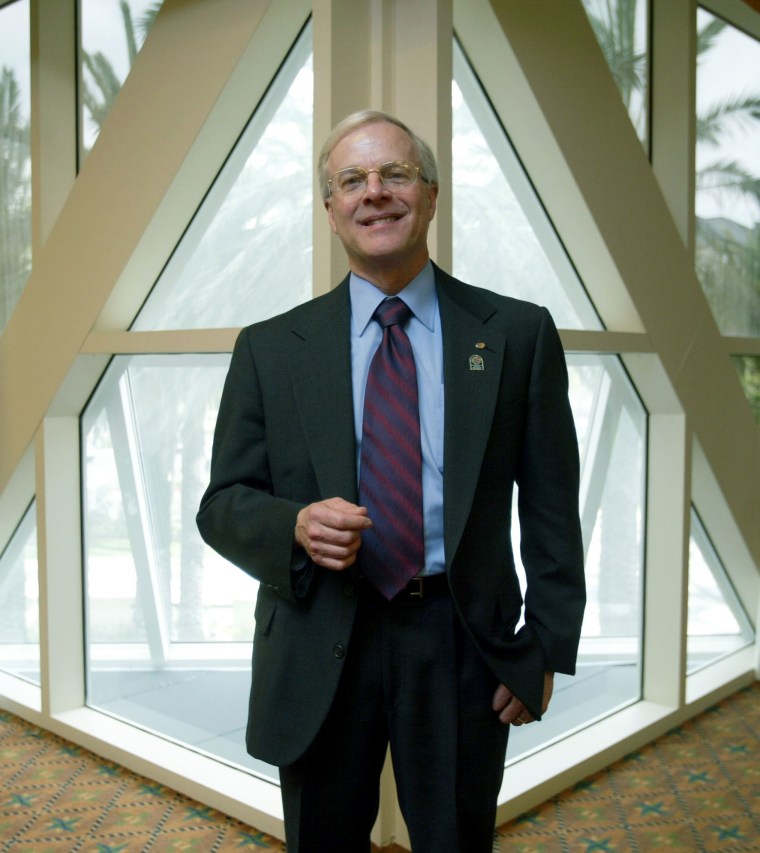The asteroid believed to have wiped out dinosaurs 65 million years ago was rare but hardly unique, say scientists gathered to discuss ways of aggressively defending our planet from another such space rock, including by detonating nukes in space.
Asteroids capable of inflicting damage on a global scale hit Earth roughly every million years, and we shouldn’t dawdle in developing a method of deflecting them, according to the scientists attending a four-day planetary defense conference in suburban Orange County.
Scientists have proposed a variety of strategies to nudge an asteroid off course. The list is the stuff of science fiction and includes using lasers, mirrors or atomic weapons launched from Earth.
'Do something about it'
Unlike any other type of natural hazard, an asteroid impact could kill billions of people. But it’s also the only natural hazard that can be prevented, at least in principle, scientists said.
“It’s a thing we know will happen sometime in our future, so the responsible thing is for people to do something about it,” said William Ailor, of The Aerospace Corp., which sponsored the conference with the American Institute of Aeronautics and Astronautics.
Astronomers estimate there are between 900 and 1,100 near-Earth asteroids one kilometer — about six-tenths of a mile — or larger in diameter. Of those, nearly 700 already have been discovered and cataloged.
It’s not clear what sort of damage one of those rocks could cause were it to strike Earth, although destruction on a global scale is likely.
“We don’t know what they would do, and we don’t want to conduct a science experiment to find out,” said David Morrison of NASA’s Ames Research Center.
Legislation introduced
Rep. Dana Rohrabacher, R-Calif., introduced a bill this month to bolster NASA spending on the search for near-Earth asteroids 100 yards or more across.
Even something of that size, were it to strike, say, the Pacific Ocean, could generate a tsunami capable of destroying the major cities along the West Coast, Ailor said.
Early detection of an inbound asteroid could provide years to decades of warning — enough time to mount a mission to push it off course, Ailor said. Slowing an asteroid down by even a few inches a second could change its trajectory enough to prevent its ever crossing paths with the Earth.
Earth moves in space the equivalent of its own diameter in just six minutes. So to move an Earth-bound asteroid off target, it would be enough to delay its arrival time by six minutes, allowing it to sweep past harmlessly, Morrison said.
